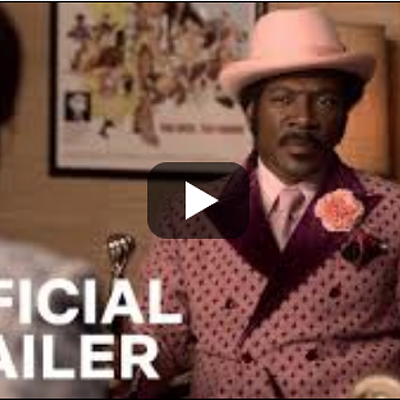And yet, for some reason, Clifford Irving's inaptly titled Autobiography of Howard Hughes was pulled from publication when it was found to be a fraud. So while Castañeda, Reuben, Berlitz and Morgan made piles of cash on their works of fiction, poor Irving was publicly disgraced for his misrepresentations. The strangest part of all is that, for the most part, and in sharp distinction to these other books, Irving's work was largely true.
Telling Irving's story is The Hoax, which isn't just about the scam, it's also about the late '60s and early '70s, and how they were lived by those who, while not among the psychedelic, folk-singing explorers of consciousness, were nonetheless saddled with busy, flower-patterned leisure suits and pastel ascots.
Irving was the classic loser with a dream, but his dream was dashed when his latest novel failed to find a publisher. Realizing, wisely, that people were gullible and hungry for sensational lies, he did an advance James Frey by claiming to have made contact with billionaire Howard Hughes. When Irving showed McGraw-Hill forged letters indicating that Hughes had asked for his help in writing an autobiography, the publisher started writing checks featuring an integer followed by five zeroes.
The Hoax has a number of things going for it: First, Irving's story is inherently interesting, as the sheer effort of lying to so many people, forging so many documents and running a scam on one of the largest publishing houses in the world makes Irving, if not a moral paragon, at least a hilarious object lesson in how gullible people are.
Plus, the film really captures something about the middle-class, bourgeois sensibility of the '70s. It's not just the freakishly colored sports jackets and flare-legged business slacks, it's also the mood of a country that was stuck in an unwinnable war, led by a corrupt president, and fascinated by mindless, self-destructive and dangerously thin actresses. Indeed, it's hard to imagine that such a time ever existed.
Director Lasse Halström (Cider House Rules, What's Eating Gilbert Grape) pegs both the look of the times and the proper pacing of the story, but he's immensely helped by some fine performances and really sly cinematography. Lensman Oliver Stapleton gives the film a sad, washed-out coloring that's perfectly in keeping with the faded lives of the characters.
And the cast brings the mundane despair of these characters into compellingly repulsive focus. One great thing about Halström's casting is that very few of the actors are terribly attractive. Richard Gere has finally aged enough that he fits neatly into the role of Irving, and, in contrast with his previous film work, he's actually good in the role.
He's backed up by Alfred Molina, who's always a genius, and Hope Davis and Stanley Tucci, either of whom could bring an audience to tears with a dramatic reading of the Microsoft Vista End User License Agreement.
But the real surprise is Marcia Gay Harden as Irving's wife, Edith. The film portrays her as a mediocre artist who's saddled with a loser husband. Her overall desperation is cutting, and Harden really pulls it off, somehow conveying that she actually loves Irving but is only staying with him out of hopelessness and fear.
As the film progresses Irving, his wife, and writing partner Dick Susskind (Alfred Molina) start to unravel. Irving particularly indulges in one of the era's favorite pastimes, hallucinating, and Susskind's nervousness leads him to some spectacular lies. Gorgeous shots of helicopters descending and ascending on the New York skyline, men with wide ties falling for elaborate cons, and the nervous excess of the born liar make this sick and engaging, if not exactly mass-appeal material.
In many ways, this is Hallström's most respectful, intricate and intelligent film, but I doubt it will be his most successful. There's no simple moral, no clear hero, and no neat and sweeping conclusion. Like the '70s, it ends with General Zod defeating Superman and taking over the world, or maybe with the slow dissolution of a grand plan. Either way, it's an interesting effort in that it shows something we rarely see in film: a lifelong loser who follows his dream, and loses anyway.













